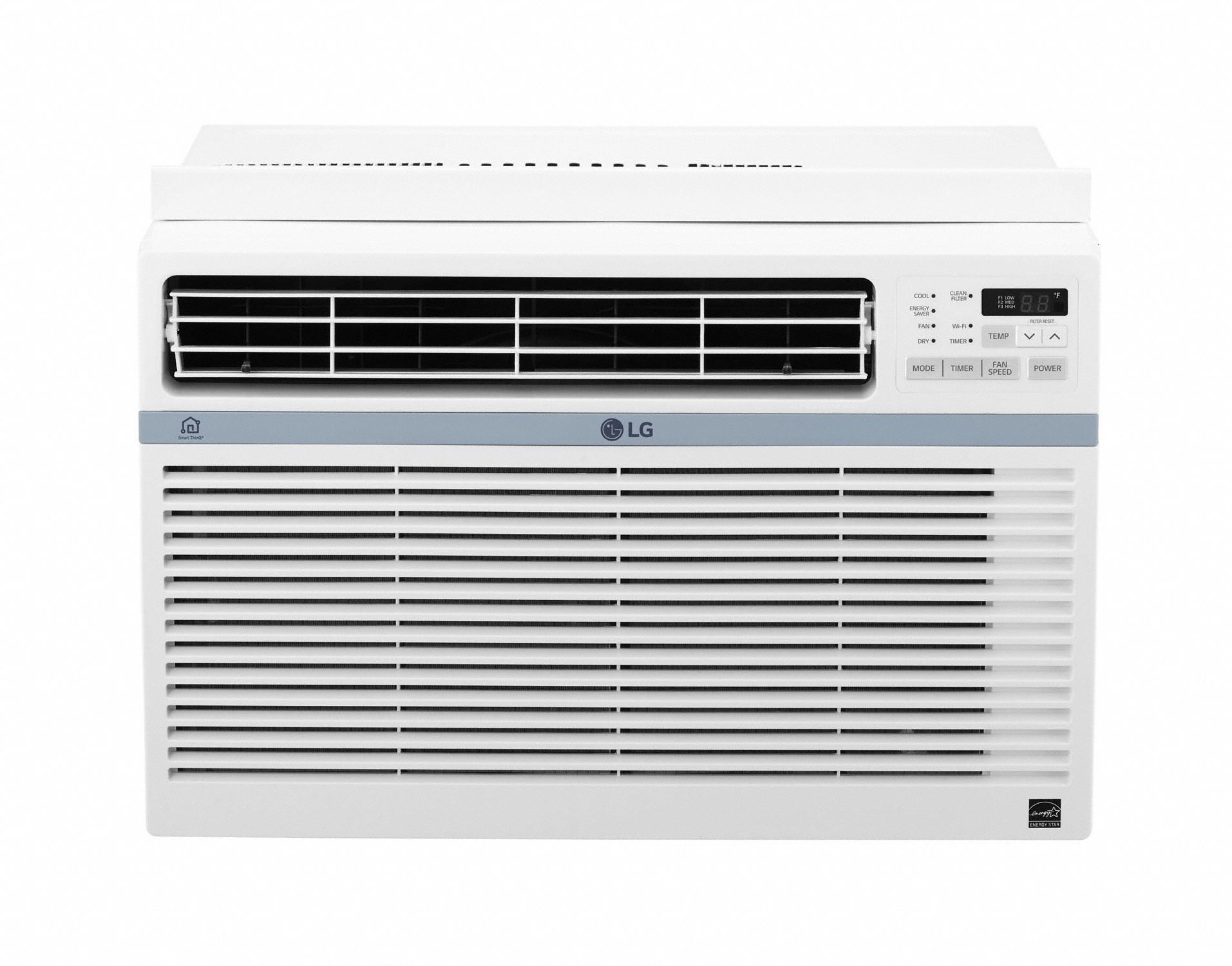BTU, or British Thermal Unit, is a crucial measurement in the world of heating, ventilation, and air conditioning (HVAC) systems. Understanding the significance of 12000 BTU can greatly influence your comfort and energy efficiency in your home or office. In this article, we will explore what BTU means, how it affects HVAC performance, and what you need to know about selecting the right unit for your needs. We’ll also provide valuable tips to optimize your HVAC system based on BTU ratings.
As energy costs rise and environmental concerns grow, making informed decisions about your HVAC system becomes essential. Knowing about BTU and how it relates to your heating and cooling needs allows you to choose the right system, ensuring both comfort and efficiency. This article aims to equip you with the knowledge to better navigate your HVAC options.
From understanding the basics of BTU to exploring advanced considerations for energy savings, this article will serve as a comprehensive guide to all things related to 12000 BTU. Whether you are a homeowner looking to improve your living space or a professional seeking to enhance your HVAC skills, this informative piece will provide valuable insights.
Table of Contents
- What is BTU?
- Importance of BTU in HVAC Systems
- 12000 BTU Explained
- How to Calculate Your BTU Needs
- Types of HVAC Systems and Their BTU Ratings
- Energy Efficiency and BTU Ratings
- Common Misconceptions About BTU
- Conclusion
What is BTU?
BTU stands for British Thermal Unit, which is the amount of energy needed to raise the temperature of one pound of water by one degree Fahrenheit. This unit of measurement is widely used in the HVAC industry to quantify the heat output of heating systems and the cooling capacity of air conditioning units.
Understanding BTU is essential for anyone looking to install or upgrade an HVAC system, as it directly impacts the unit's performance, efficiency, and overall comfort level in a given space.
Importance of BTU in HVAC Systems
BTU plays a pivotal role in determining how effectively an HVAC system can heat or cool a space. Here are some key points highlighting its importance:
- Comfort: The right BTU rating ensures that your space maintains a comfortable temperature, regardless of external weather conditions.
- Energy Efficiency: Selecting an HVAC system with the appropriate BTU rating can lead to significant energy savings, lowering your utility bills.
- Longevity: An HVAC system operating at its correct BTU capacity is less likely to experience wear and tear, extending its lifespan.
12000 BTU Explained
A 12000 BTU HVAC unit typically refers to air conditioning systems capable of cooling or heating an area of approximately 500 to 600 square feet, depending on various factors such as ceiling height, insulation, and climate. Understanding the specifics of a 12000 BTU system can help you make informed decisions.
Applications of 12000 BTU Units
12000 BTU units are commonly used in:
- Small apartments
- Home offices
- Rooms with large windows or high ceilings
How to Calculate Your BTU Needs
Determining the correct BTU requirement for your space involves several factors:
Factors to Consider
- Room Size: Measure the square footage of the area you wish to heat or cool.
- Ceiling Height: Higher ceilings may require additional BTUs.
- Insulation: Well-insulated spaces retain temperature better, potentially reducing BTU needs.
- Climate: Warmer climates may require units with higher BTU ratings.
Types of HVAC Systems and Their BTU Ratings
There are various types of HVAC systems, each with different BTU ratings. Here are the most common:
- Central Air Conditioning: Typically rated from 12000 to over 60000 BTU, suitable for whole-house cooling.
- Window Air Conditioners: Available in a range of BTU ratings, perfect for individual rooms.
- Heat Pumps: Can provide both heating and cooling, with ratings similar to air conditioners.
Energy Efficiency and BTU Ratings
Energy efficiency is a crucial consideration when selecting an HVAC unit. Here's how BTU ratings relate to energy efficiency:
- SEER Ratings: The Seasonal Energy Efficiency Ratio measures cooling efficiency. A higher SEER rating means better energy efficiency.
- Energy Star Certification: Look for units with this certification, indicating superior energy efficiency.
Common Misconceptions About BTU
Many people have misunderstandings regarding BTU measurements and HVAC systems. Here are some common misconceptions:
- More BTUs are Always Better: Over-sizing a unit can lead to inefficient operation and increased energy costs.
- BTUs are Only About Heating: BTUs are equally important for cooling systems.
Conclusion
Understanding the significance of 12000 BTU in HVAC systems is essential for achieving comfort and efficiency in your home or office. By considering factors such as room size, insulation, and climate, you can select the right HVAC unit for your needs. Remember, the key to optimal performance lies in choosing a system that matches your BTU requirements.
Feel free to leave your comments or questions below. If you found this article helpful, don’t hesitate to share it with others who might benefit from it!
Thank you for reading, and we hope to see you back for more insightful articles on HVAC systems and energy efficiency!
You Might Also Like
Understanding The Fag Hag Definition: A Comprehensive Guide60 Outfits Women: Elevate Your Style Game
Cheesy Ground Beef Casserole: A Delicious And Easy Recipe
Polo Cologne: The Timeless Fragrance For The Modern Man
Localizar O Meu IP: A Comprehensive Guide To Finding Your IP Address
Article Recommendations
- Alice In Wonderland Famous Quotes
- Southern Cornbread Recipe
- Lil Wayne Best Quotes From Songs
- Healthy Tamale Recipe
- Wicker Outdoor Furniture
- I Feel So Close To You Right Now Lyrics
- 22 Tcm
- Best Exercise Classes
- Mumbai International Airport Transit Hotel
- Shield Recipe For Minecraft


